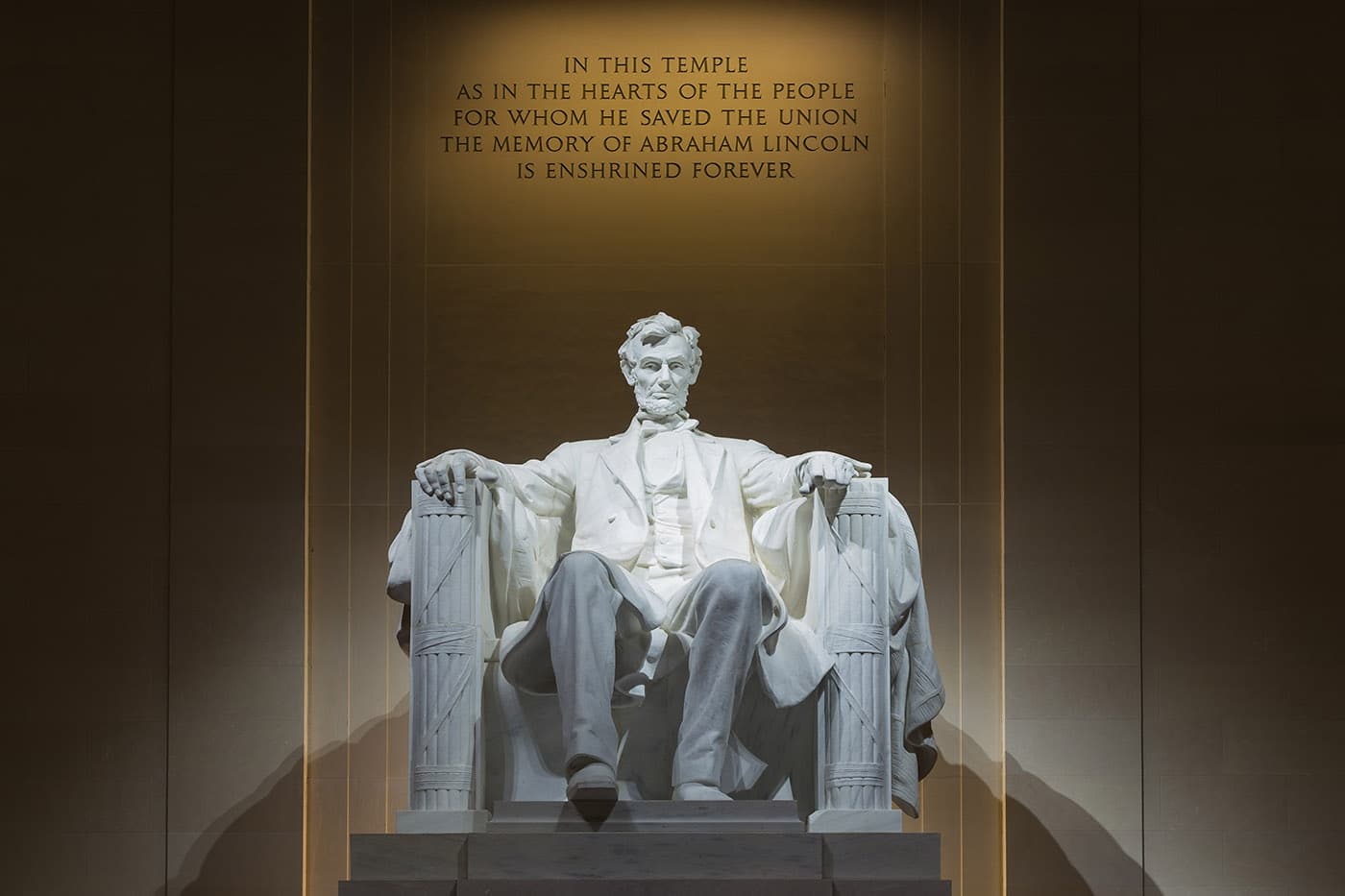Policy Diffusion among the U.S. States (May 2024)
The states are policy innovators, developing new solutions to many of the most pressing issues facing the country.
Federalism shapes the ways in which nearly half the world’s people govern themselves—from citizen activism and representation to public policy formation, innovation, and diffusion. Modern federalism, invented by the American founders, provides a political means to create unity and protect diversity, national identity and personal liberty.
Because federalism profoundly shapes American politics and policy making, understanding federalism equips students, teachers, and citizens with tools to more accurately perceive and interpret political life and policy outcomes. Here you will find curated resources on all facets of American federalism and the perennial problems of how a people best provide, divide, separate, share, and limit political power.

This encyclopedia provides a comprehensive reference explaining the major concepts, institutions, court cases, epochs, personalities, and policies that have shaped, or been shaped by, American federalism. It describes federalism’s creation and evolution, and its influence on local, state, and national governmental institutions, procedures, and policies. The models used to explain the various historical eras in the development of federalism are also included. Originally published by Greenwood Press in 2005, this encyclopedia contained over 400 entries relating to American federalism. In its current online form, entries are being added and old ones updated.
The institution of U.S. President is shaped by federalism and individual presidents shape federalism.
The federal Immigration Reform and Control Act of 1986 (IRCA) makes it unlawful “to hire, or to recruit or refer for a fee, for…
See Interstate Compacts.
In United States v. Windsor, et al., (2013), the Supreme Court held that a federal law that excluded same-sex partners from the federal definition…
A powerful movement for term limits developed during the 1980's. Most states adopted term limits for members of the state legislature (many governors were…
Contents 1THE U.S. CONSTITUTION AND AMENDMENTS 1.1ARTICLE I. 1.1.1Section 1. 1.1.2Section 2. 1.1.3Section 3. 1.1.4Section 4. 1.1.5Section 5. 1.1.6Section 6. 1.1.7Section 7. 1.1.8Section 8.…
There is currently no text in this page. You can search for this page title in other pages, or search the related logs, but you do not…
The states and their local governments have performed time-honored roles as constitutional and policy innovators in the federal system. In the earliest years of the republic, Virginia was the first state to adopt a constitutional bill of rights, New York established the first popularly elected chief executive, and Maryland first constitutionalized the separation of powers.
The Center for the Study of Federalism (CSF) is a nonpartisan, interdisciplinary research and education institution dedicated to supporting and advancing scholarship and public understanding of federal theories, principles, institutions, and processes as practical means of organizing power in free societies.
All of the CSF Fellows hold advanced degrees, are affiliated with academic institutions, and are scholarly experts in their fields. For more on each Fellow see CSF Fellows.
Most political and public issues in the United States are influenced to some extent by its federal system. Yet many do not understand that system. The CSF website seeks to foster a better understanding among the general public and scholars of federal governing systems generally and, specifically, of the federal system of government in the United States of America.
The CSF materials are free to use for educational purposes. If published, please acknowledge CSF as the source. If you intend to use these materials for profit, please, contact the Center for the Study of Federalism for permission. Some materials on the website are not owned by CSF and permission to use those materials should be sought with those holding legal title to the material.
Click here to sign-up to receive notifications about CSF materials and events. We will not share your email with any outside organizations or individuals.
Please direct all questions and comments related to this website, and inquiries about the research and teaching grants and awards, to us here. Remember CSF is a nonpartisan, interdisciplinary research and education institution.